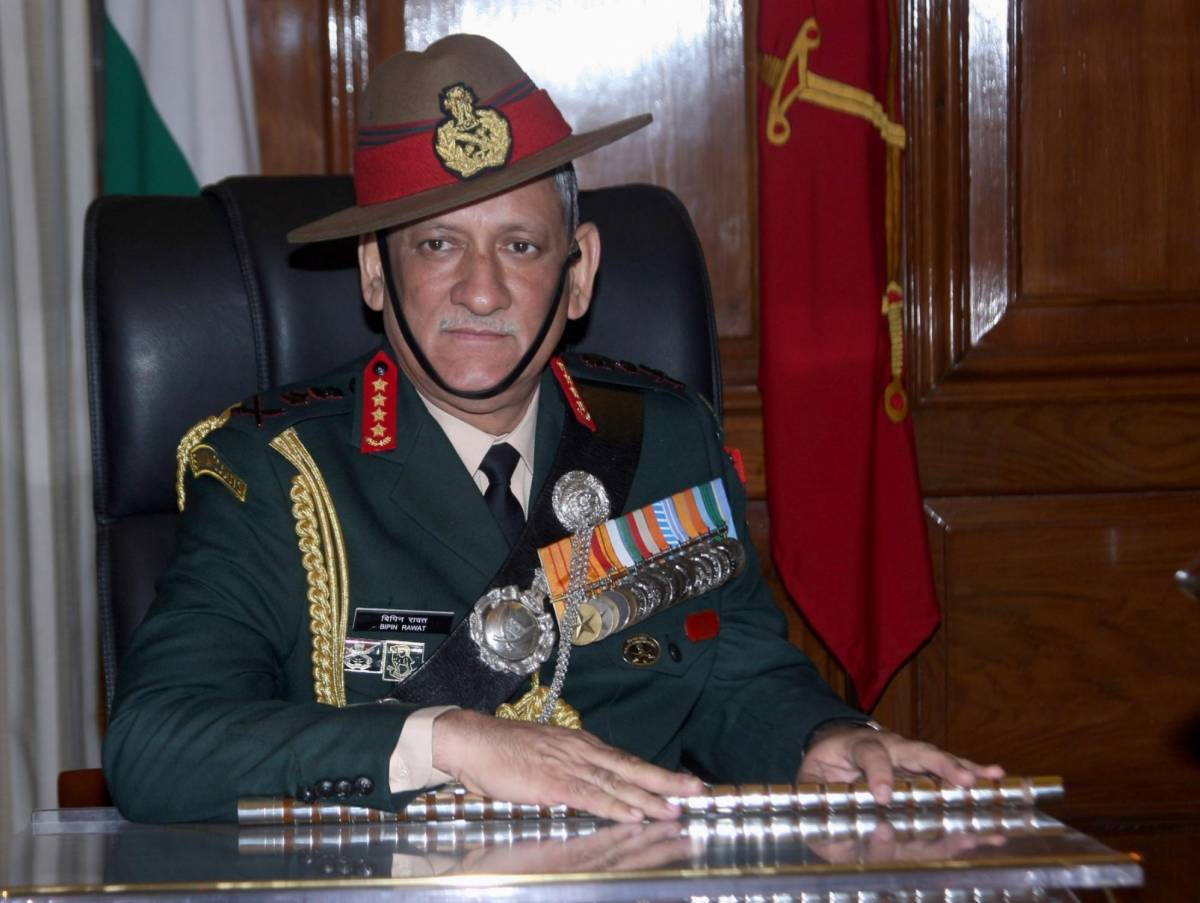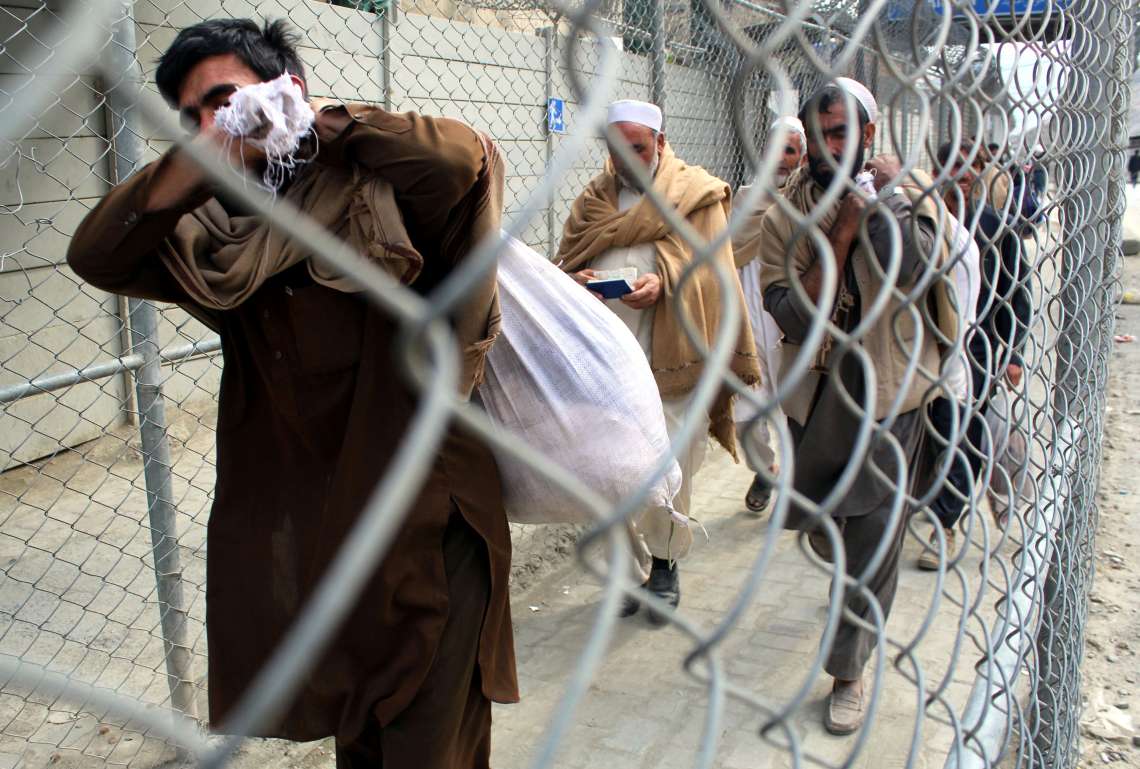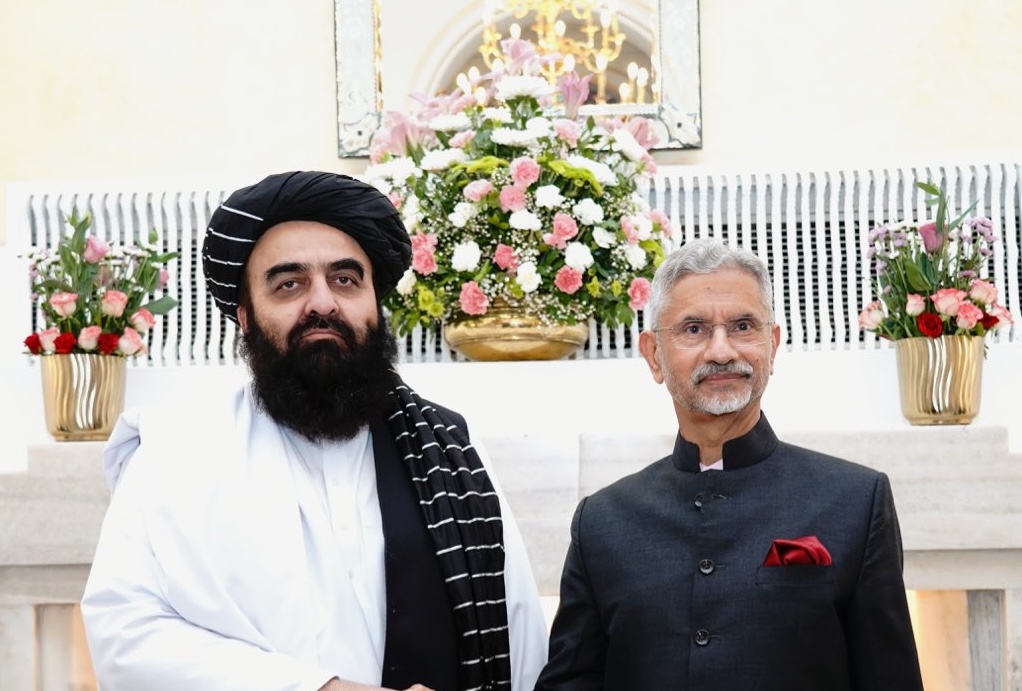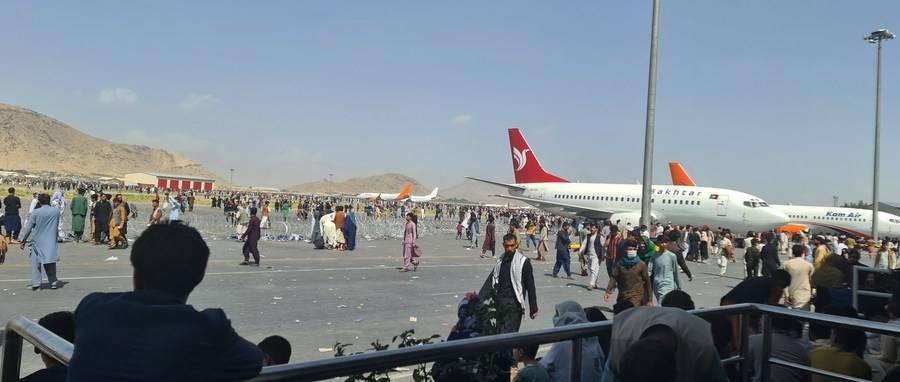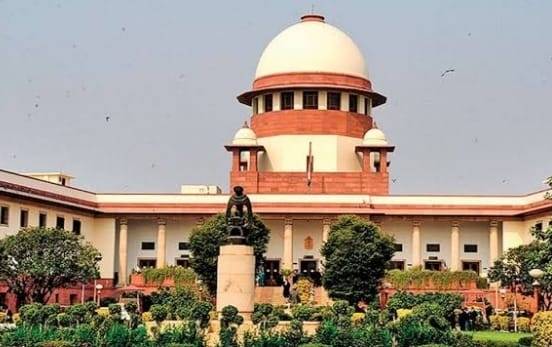Chief of Defence Staff says Taliban the same as it was 20 years ago but has only changed its partners, reports Asian Lite News
Chief of Defence Staff General Bipin Rawat said that insurgency spilling out of Afghanistan into India would be dealt in a same way India deals with terrorism at present. He also said that India would welcome additional support in the form of intelligence input as it does its part in fighting the global war against terrorism.
“As far as Afghanistan is concerned, we’ll make sure that any activity likely to flow out of Afghanistan and find its way into India will be dealt with in the manner in which we’re dealing with terrorism in our country,” Rawat was quoted as saying at the Observer Research Foundation (ORF)’s event ‘The India-US Partnership: Securing the 21st Century’ by news agency ANI. His request was directed at the Quad nations. He was also accompanied by Command Admiral John Aquilino who is the commander of the US Indo-Pacific.
Rawat also said that India anticipated the Taliban takeover of Afghanistan. India on Tuesday made it clear at the United Nation Human Rights Council session that it expects that Afghanistan’s soil won’t not be used to foment terrorist activities aimed at creating instability in the region.
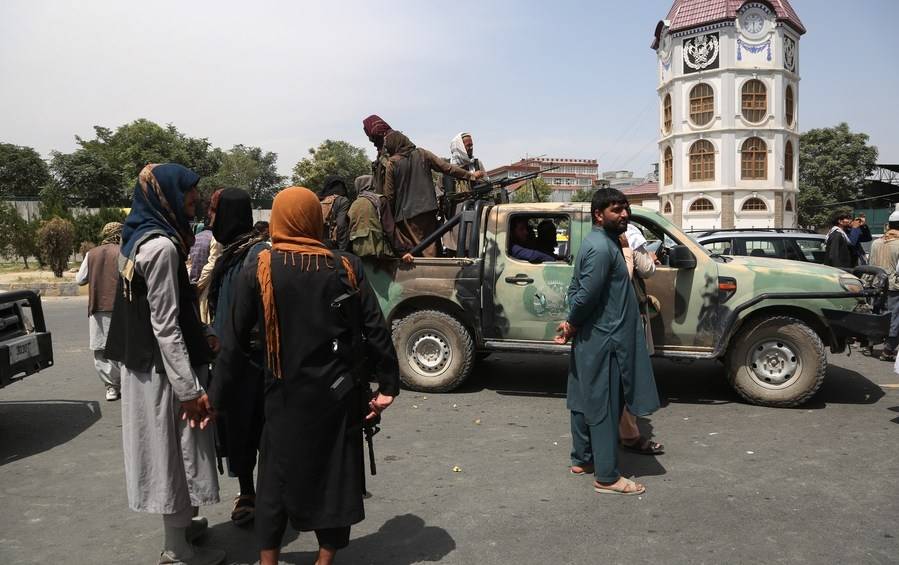
On the Taliban, the Chief of Defence Staff said, “It is pretty much the same. It is the same Taliban that was there 20 years ago.” Saying “news reports and reports from expats who have come from there are all telling us the kind of activities that the Taliban are into”, he added, “All that has happened is that the partners have now changed. It is the same Taliban with different partners.”
Rawat’s comments mark the first critical commentary by a senior Indian official on the Taliban. Till now, Indian officials, whether at home or at international fora, have treaded carefully, expressing concern about the situation and the potential threats that can come from Afghanistan, without linking the Taliban to them directly.
On how the Afghanistan situation compared with issues of the Indo-Pacific region, Rawat said they were “in a different plane all together”. The Indo-Pacific issue was more about the freedom of navigation in the Indian and Pacific oceans, he said, adding, “The Indo-Pacific and Afghan situation should not be looked at from the same prism… Both pose challenges to security in the region, but they are on two different planes. And those two parallel lines are unlikely to meet.”
Rawat added that India had to be prepared to fight all terrorist activities, and was committed to ensuring “a terrorist free environment in this region”. “As far as Afghanistan is concerned, we will make sure that any activity which is likely to flow out of Afghanistan and then find its way into India will be dealt with, in the manner in which we are dealing with terrorism in our country.”
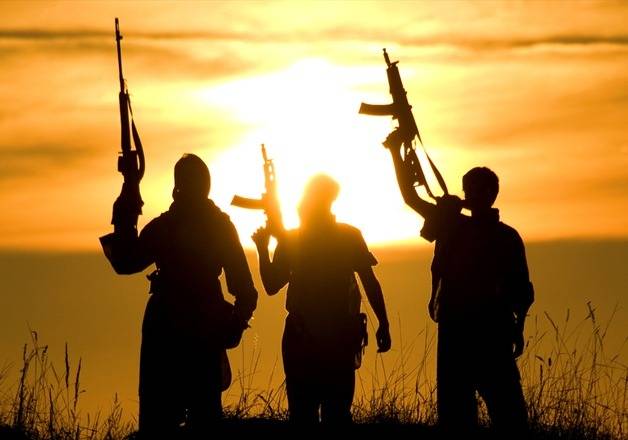
Rawat said India would welcome any support from the other Quad nations (the US, Japan, Australia) on this, “in at least identifying the terrorists, and getting some intelligence input to fight this global war on terrorism”.
Admiral Aquilino said the US was committed to getting all its citizens and those of its partners out from Afghanistan. “There has been close coordination between India and the Central Command to ensure that our citizens are safe and extracted,” he said.
Indramani Pandey, India’s permanent representative to the UN in Geneva, outlined that New Delhi expects that the rights of Afghan women, aspirations of Afghan children and the rights of minorities will be respected. India also gave shelter to Afghan refugees who fled the war-torn country after the Taliban laid siege to it.
The Taliban, however, informally requested India last week to retain its diplomatic presence in Afghanistan. Senior Taliban leader Sher Mohammed Abbas Stanekzai told Indian authorities that it was aware of India’s concerns regarding its officials and diplomats in the country. Stanekzai was responding to concerns that fighters from the Pakistan-based Lashkar-e-Taiba (LeT) and Lashkar-e-Jhangvi (LeJ) were deployed at check posts set up by the Taliban on the route to the international airport in Kabul.
The Taliban who have full control of Afghanistan are awaiting to announce its council of ministers on August 31, the deadline day for the US and NATO troops to evacuate Afghanistan. The US Army and NATO troops, who entered the nation and once ousted the Taliban from power, have been asked by the Taliban to evacuate the country fully by August 31.


